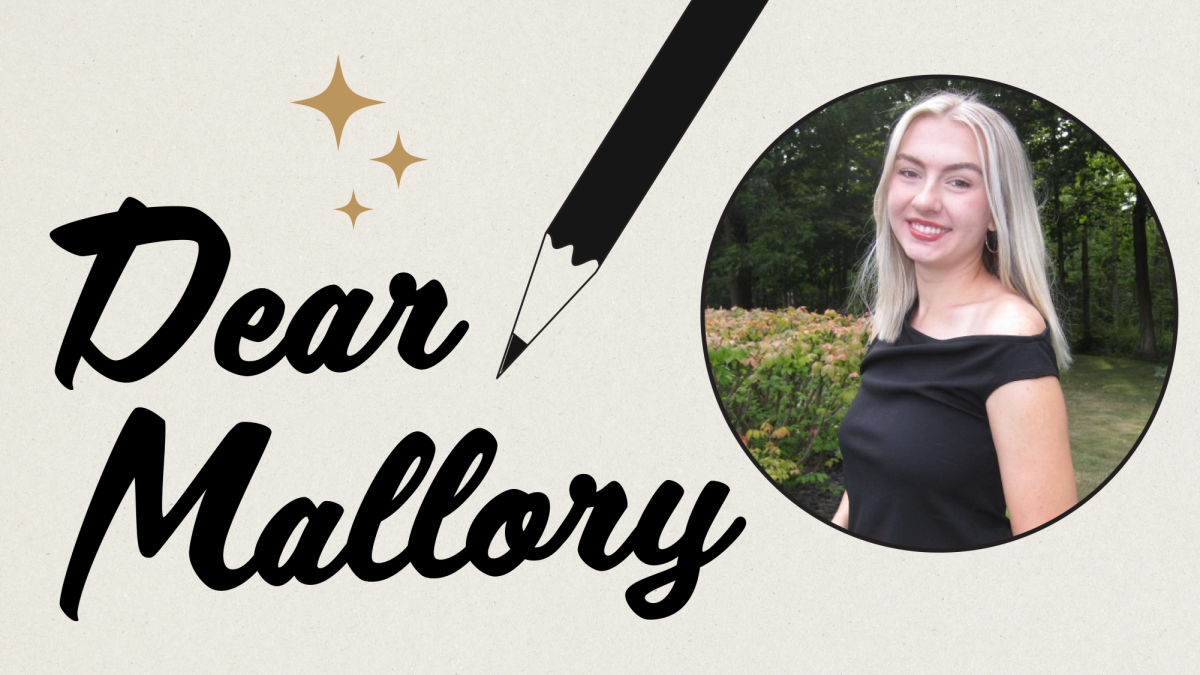Book banning – the practice of restricting or removing access to certain books – has become a growing controversy across the United States. Schools, libraries and community groups continue to clash over which stories should be available to readers, raising urgent questions about freedom of expression, censorship and the role of literature in shaping society.
Few contemporary authors have felt the impact as personally as John Green, whose novels have appeared on banned lists nationwide. On Thursday, Sept. 25, at 7 p.m. in the Oakland Center Founders Ballrooms, Green spoke to Oakland University students and faculty about his life, career and writing – and about how book bans have followed his success.
“I live in Indianapolis, and my books were just banned in the town north of where I live,” Green said. “I was like, ‘Come on, man, I live here, I go to your grocery store, like, we go to the same Kroger. You can’t think I’m a monster, right?’ But, like, they kind of do, which is uncomfortable.”
Green said his views on book banning have changed over time.
“I used to think that it was good for my books, in the sense that it probably brought them to more readers and that it was good for sales,” he said. “But now I recognize that it’s bad for everything. It’s bad for getting books to kids. It’s bad for the overall quality of discourse in the United States. It’s just bad. There’s nothing to be gained from banning books, and we should have learned this lesson a long time ago.”
At Oakland University, the issue of censorship is also being explored in classrooms. Roberta Michel, a faculty member in the Honors College, teaches a course on banned books that examines why some works are deemed too radical or threatening to social norms and what society loses when access to these works is restricted.
“The big takeaway I hope students get is that they have the opportunity to start formulating their own opinions,” Michel said. “They can think through things and don’t have to accept a narrative that isn’t one they can come to terms with themselves. It’s about developing critical thinking – how to discern social topics and understand what their value system is.”
Michel believes that when communities censor books, they lose more than just titles on library shelves.
“They lose the heart of a community,” she said. “Libraries are meeting places to get books, have discussions and where ideas are argued. So if there isn’t any civil discourse happening, then how are you having a community even develop and build?”
She also noted that censorship often backfires, drawing more attention to the very works it seeks to suppress.
“The idea of ‘why can’t I look at that?’ – it appeals to everyone,” Michel said. “When it’s like, ‘Don’t touch the stove, it’s hot,’ people wonder, ‘Why not?’ Curiosity takes over.”
Michel encourages open conversations with readers, especially younger ones.
“I’ve had questions like, why is this book banned? Why?” she said. “And as a parent, I didn’t prevent my children from reading books like “1984.” Let’s talk about it. Let’s understand why. Why is this book forbidden in someone else’s house? Let’s talk about it. So I did.”
From Green’s personal frustration over his books being banned to Michel’s call for critical engagement and open dialogue, both voices underscore the same truth: the debate over book banning is not just about the books themselves, but about who gets to decide which stories are told – and which are silenced.



